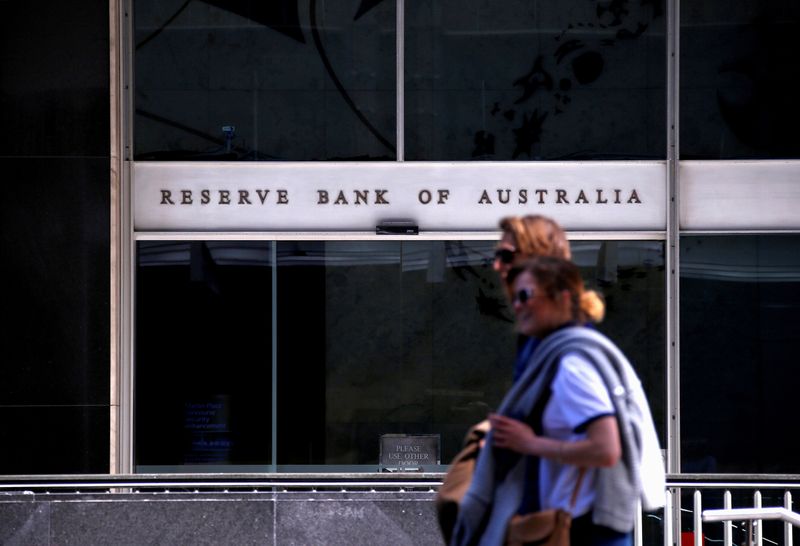SYDNEY (Reuters) – Australia’s treasurer has asked the central bank to consider forcing large- and medium-sized banks and debit card issuers to give merchants a multiple network option that would allow payments to be processed more cheaply.
A multiple network option allows businesses to choose cheaper domestic systems instead of the prevalent but more expensive Visa Inc and Mastercard Inc networks.
The Reserve Bank of Australia (RBA) said in May it expected Australia’s Big Four banks to continue issuing dual-network debit cards, but it did not see the need to mandate it or expect it from smaller banks.
“Recognising the critical role of dual-network debit cards in facilitating least-cost routing, the Government strongly encourages the Board to consider mandating their issuance for major and medium-sized financial institutions,” said Josh Frydenberg in a letter to the RBA dated Aug. 30, which was seen by Reuters.
The central bank declined to comment on the letter. Mastercard said it had concerns about such a mandate.
“There is a real risk that unequal comparisons will result in a ‘race to the bottom’ on pricing and consumers will bear the cost – both financially and when it comes to their data safety,” a Mastercard spokeswoman said.
A Visa spokeswoman also said cost was only one of the factors merchants considered when choosing a network to process payments. Others included “security, convenience and the overall customer experience”, she said.
Business groups have been calling for the RBA, the main regulator of the country’s payments system, to mandate multi-network cards that can be set up to process payments via the lowest-cost networks by default.
“Least-cost routing means providing small business access to cheaper domestic debit payments schemes such as eftpos, rather than requiring transactions fees to only go through the far more expensive international providers,” National Retail Association CEO Dominique Lamb said in a statement.
Local payments firm eftpos said it offered “the same payments security as Visa and Mastercard, including an automated disputes and charge-backs systems that the international schemes have.”
(Reporting by Paulina Duran in Sydney; Editing by Gerry Doyle and Ana Nicolaci da Costa)




















